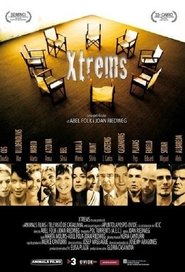detail profile dafnis balduz
Peran Yang Di Mainkan Dafnis Balduz
 Wolfgang a 9yearold boy with an...
Wolfgang a 9yearold boy with an...Wolfgang 2025
Wolfgang, a 9-year-old boy with an IQ of 125, is forced to live with his father, Carles, whom he has never seen, after the sudden death of his mother. He has one obsession, to run away to Paris to study at the Grimald Academy and become the best pianist in the world. But what Wolfgang doesn’t know is that the biggest challenge is right in front of him and that is to get along with his father.
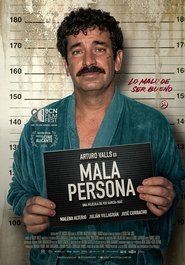 Pepe is the best person in...
Pepe is the best person in...Mala Persona 2024
Pepe is the best person in the world, until he discovers that he has a terminal illness and has months to live. To avoid suffering for his loved ones, Pepe decides to become the worst person in the world and thus keep them away from him so that they don't miss him when he dies.
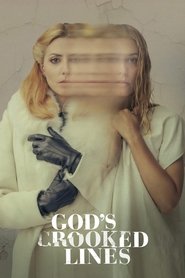 Alice Gould a private investigator pretends...
Alice Gould a private investigator pretends...God's Crooked Lines 2022
Alice Gould, a private investigator, pretends to be mentally ill in order to enter a psychiatric hospital and gather evidence for the case she is working on: the death of a patient in unclear circumstances.
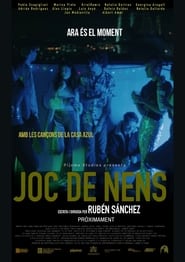 Marc is a different boy from...
Marc is a different boy from...Game of Children 2021
Marc is a different boy from the others. He just lost his best friend, the year that he started college. He lives in a society of internet, social networks and the desire of young people to be adult. He decides to question his emotions. In him, he discovers his fears of being an adult and leaving the childhood stage. He scares to grow up unlike the others. With the support of the memory of Oscar, in the middle of the city, between tears and laughter. Marc learns to let go, heal old memories, and redefine his emotions.
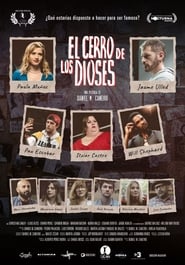 A reimagining of the myth of...
A reimagining of the myth of...El cerro de los dioses 2019
A reimagining of the myth of Faust, in which a documentary director and her producer investigate a number of celebrities.
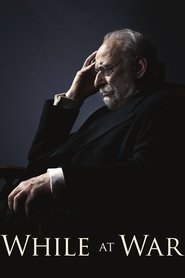 Salamanca Spain 1936 In the early days...
Salamanca Spain 1936 In the early days...While at War 2019
Salamanca, Spain, 1936. In the early days of the military rebellion that began the Spanish Civil War (1936-39), writer Miguel de Unamuno supports the uprising in the hope that the prevailing political chaos will end. But when the confrontation becomes bloody, Unamuno must question his initial position.
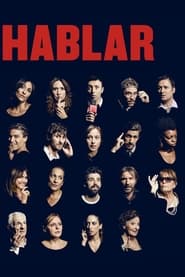 An anthology film with 20 stories on...
An anthology film with 20 stories on...Hablar 2015
An anthology film with 20 stories on the subject of words, communication, linked to one another over a 400-metre stretch: from Madrid's Lavapiés Square to the Sala Mirador. A journey between theatre and cinema, filmed in a single fixed shot running continuously over 80 minutes and half a kilometer, in Madrid's popular Lavapiés district. The characters talk, argue, laugh, cry, threaten, whisper, shout, steal, make dates, get angry with and hug one another, prompting the spectator to reflect on the immense power of words.
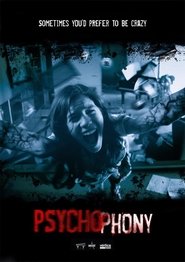 Psychiatrist Dr Helena Jarra conducts a...
Psychiatrist Dr Helena Jarra conducts a...Psychophony 2012
Psychiatrist Dr. Helena Jarra conducts a series of psychological experiments on several patients afflicted with schizophrenia in order to prove that schizophrenia is connected with paranormal phenomena. Jarra takes a handful of schizophrenics to a secluded house that's rumored to be haunted. Parapsychologist Matias Kram documents the events on videotape for posterity.
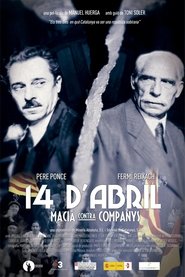 14 dabril Maci contra Companys is a...
14 dabril Maci contra Companys is a...14 d’abril. Macià contra Companys 2011
"14 d'abril. Macià contra Companys "is a television drama, allegedly recorded in 1932, but with the methods, style and own means 2010. With this temporary license, the stars of one of the episodes of the Catalan capital twentieth century discussed the facts, in first person, while a nosy camera helps us to relive what happened in Barcelona between 14 and 17 April 1931, the three-day duration of the Catalan Republic. All with the aim of showing the greatness and the precariousness of a gesture, half improvised by Companys key sovereigntist corrected by Macià, and that led to a shouting match.
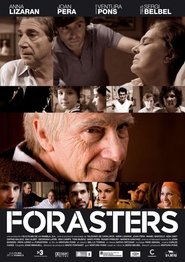 A family seen at two different...
A family seen at two different...Strangers 2008
A family seen at two different periods, some 40 years having passed between the two. A dysfunctional family marked by what used to be called an ugly illness, cancer and death. The characters quarrel, hate each other, and refuse to accept in their predecessors what they will eventually, inevitably repeat in themselves. A family marked by relations of rejection, love and hate of the other, the upstairs neighbors, those strangers from a far-off land, Andalusia in the 1960s, Morocco at present, who will also form part of this repetitive game that is life. To what point is everything a metaphor or symbol of our society? Are we really strangers to ourselves?
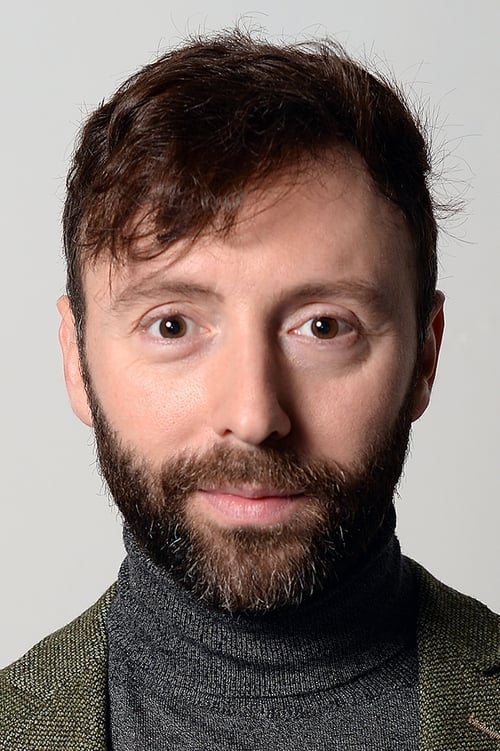
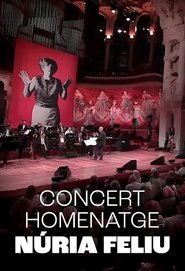
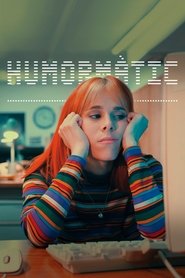 A comedy writer working on a...
A comedy writer working on a...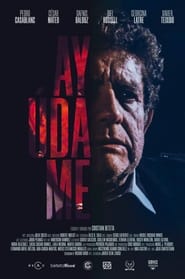
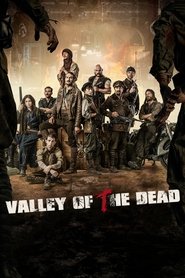 During the Spanish Civil War sworn...
During the Spanish Civil War sworn...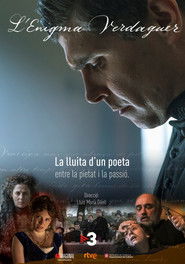 Jacint Verdaguer poet and priest had...
Jacint Verdaguer poet and priest had...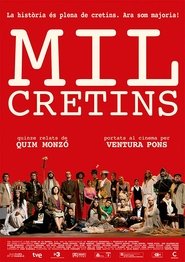 Fifteen stories contemporary and some historical...
Fifteen stories contemporary and some historical...